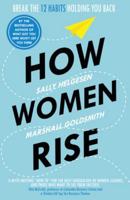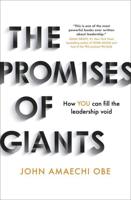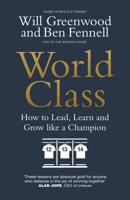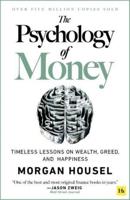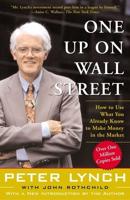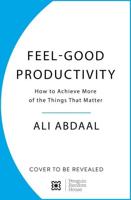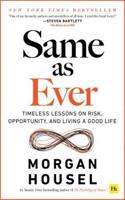Publisher's Synopsis
Time is the ultimate scarce resource and thus quintessentially a topic for economics, which studies scarcity. Starting with the observation that time is increasingly valuable given competing demands as we have more things we can buy and do, Spending Time provides engaging insights into how people use their time and what determines their decisions about spending their time. That our time is limited by the number of hours in a day, days in a year, and years in our lives means that we face constraints and thus choices that involve trade-offs. We sleep, eat, have fun, watch TV, and not least we work. How much we dedicate to each, and why we do so, is intriguing and no one is better placed to shed light on similarities and differences than Daniel S. Hamermesh, the leading authority on time-use. Here he explores how people use their time, including across countries, regions, cultures, class, and gender. Being stressed for time is central to modern life, and Hamermesh shows who is rushed, and why. With Americans working more than people in France, Germany, the U.K., Japan, and other rich countries, the book also offers a simple but radical proposal for changing Americans' lives and reducing the stress about time.

